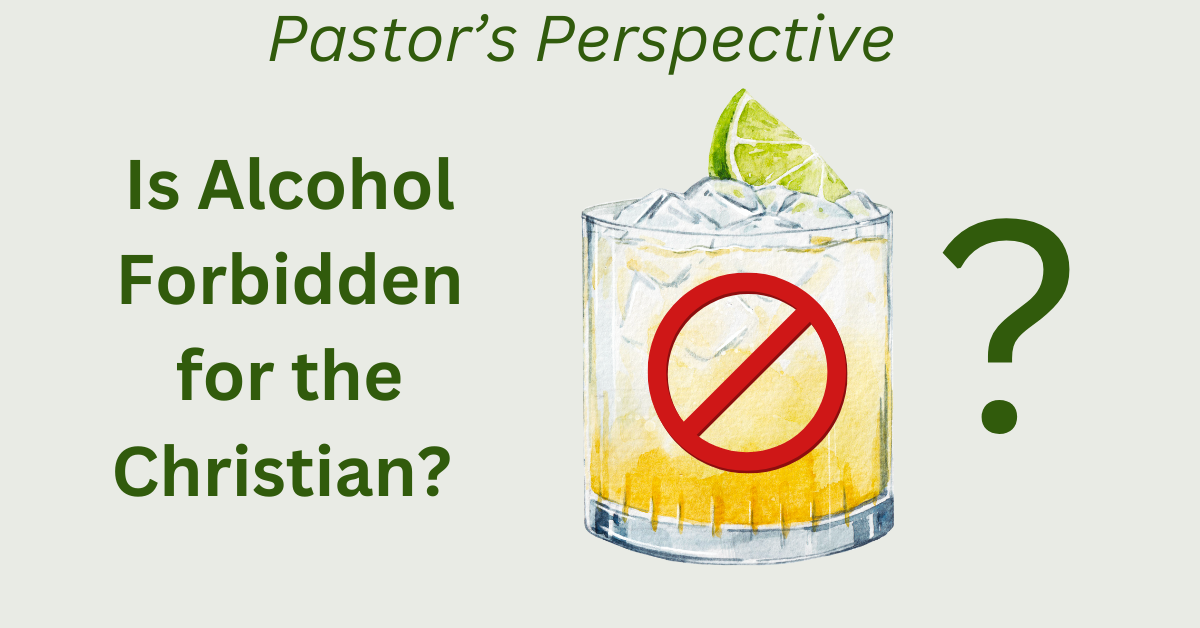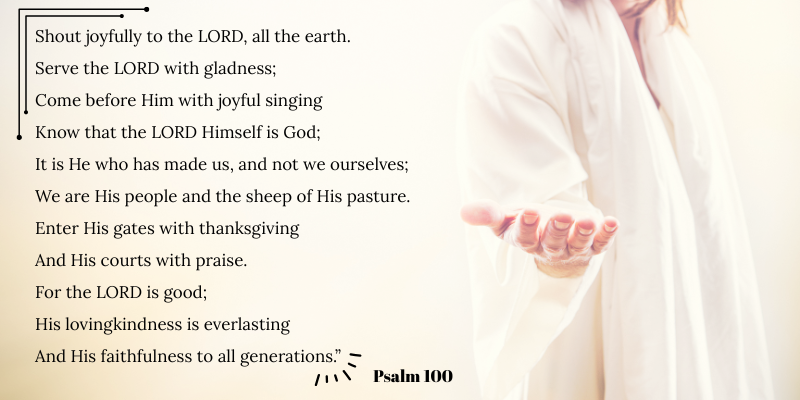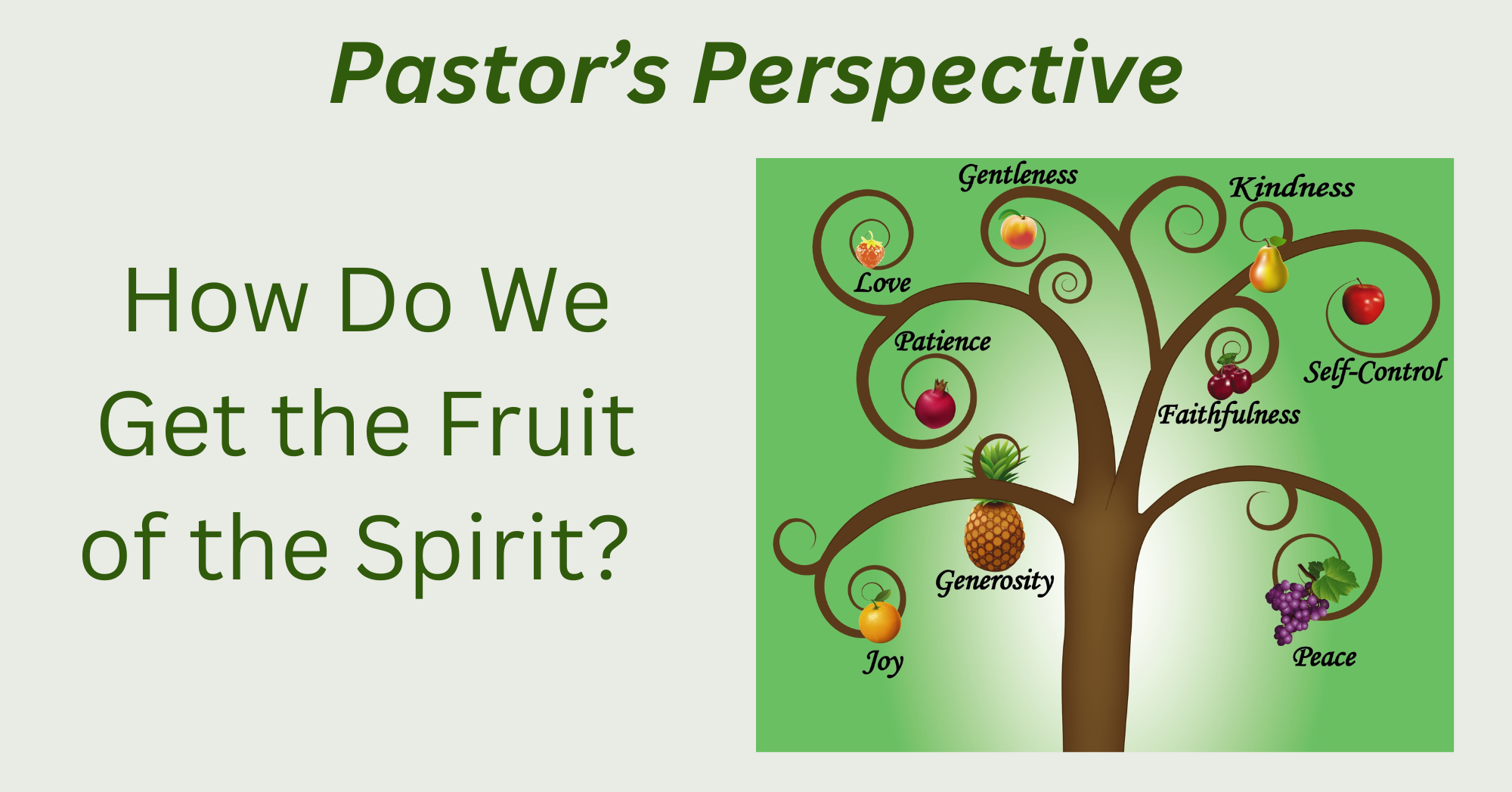I received a question along these lines on August 18th, 2024. The original question was worded as follows. “Can you explain the recent trend of Christians involved with drinking alcoholic beverages? IE., wine tours, brewery tours, overt beer and wine, mixed drink, drinking?”
When I stumbled into the church in my early twenties, all I wanted was more of Jesus. I was hungry for the life change He brings to those who follow Him. As it turns out, the particular church I landed in probably viewed drinking as a bit of a taboo. I never really thought about the issue very much because, in the years before this, I had done my share of getting drunk. I had no desire for it anymore.
I also had at least one uncle who died tragically in an alcohol-related incident. Another died suddenly. It was not clear what role alcohol played. Yet he was clearly an alcoholic. This underscores, for me, the danger that alcohol can pose.
Alcohol is a legal drug. You can buy it and order it at many restaurants. It enjoys a certain degree of acceptability in society. I have also been in situations where people look at you funny if you don’t have a drink in your hand. Yet it is a drug that can have intoxicating effects.
The Bible acknowledges this truth without absolutely condemning the drinking of alcoholic beverages. Searching the Bible for references about drinking yields mixed results.
Proverbs 20:1 says, “Wine is a mocker, intoxicating drink a brawler, and whoever is intoxicated by it is not wise.” The problem here is not that one took a glass of wine or had a drink. It is that the person drank to the point of losing control, becoming intoxicated.
Here’s an extended biblical proverb that describes well what heavy drinking does to a person.
“Who has woe? Who has sorrow? Who has contentions? Who has complaining? Who has wounds without cause? Who has red eyes? Those who linger long over wine, those who go to taste mixed wine. Do not look at wine when it is red, when it sparkles in the cup, when it goes down smoothly; In the end it bites like a snake and stings like a viper. Your eyes will see strange things and your mind will say perverse things. And you will be like one who lies down in the middle of the sea, or like one who lies down on the top of a mast. ‘They struck me, but I did not become ill; They beat me, but I did not know it. When will I awake? I will seek another drink’” (Prov 23:29-35).
As a teenager, I once fell out of the back of a moving pick-up trunk while drunk. The driver had also been drinking. I consider it the grace of God that I was not seriously injured. My teenage drinking experience, however, was not about enjoying a drink with a meal or while watching a game. Me and my peer group drank to get drunk. We always paid a price for it.
The Bible portrays excessive drinking and drunkenness in a negative light, but it stops short of absolutely condemning any use of alcohol. In fact, in ancient Israel, drinking wine or strong drink could be part of a tithe that was offered to the Lord (Deut 14:26). Also, Jesus made wine from water to help during a wedding feast (Jn 2:1-11). Wine was the common drink in the time of Jesus, though it was almost certainly very low in its alcohol content.
Aaron and his sons, the first priests in Israel, were instructed not to drink when coming into the tabernacle of the Lord (Lev 10:9). People dedicating themselves to the Lord for a time, in a Nazarite vow, were strictly forbidden from drinking alcohol during the period of the vow (Num 6:1-4). They were not even to take in anything related to grapes. In the New Testament, John the Baptist drank no wine or liquor (Lk 1:15; 7:33).
Bottom line, times or circumstances of special service to the Lord were consistently done free of alcohol. Yet, wine was commonly associated with blessing in other instances.
In the New Testament we have several warnings against drunkenness (Lk 21:34; Rom 13:13; 14:21; 1 Cor 5:11; 11:21; Gal 5:21; Eph 5:18). Perhaps Ephesians 5:18 is one of the better known passages. “And do not get drunk with wine, in which there is debauchery, but be filled with the Spirit….” The Christian’s primary way of life involves being controlled and influenced by the Holy Spirit. Getting drunk on alcohol usurps that control. The person comes under the control of a foreign substance rather than God. Therefore, drunkenness is inconsistent with the way of life God calls us to.
So, my pastor’s perspective is that alcohol is not totally forbidden, but we must strive not to fall under its control. Alcohol has ruined a lot of lives even though it is legal. As far as Christians going to wine-tasting events and the like, I leave that to their own consciences. If they care what I think, I would simply urge them to avoid excesses and to keep control over their own faculties. Remember Who you belong to.
Pastor George






